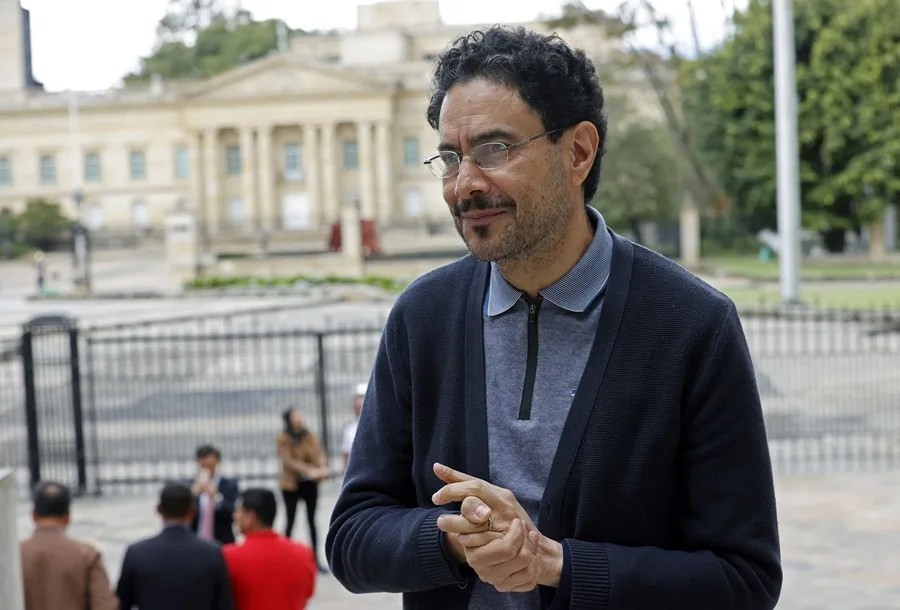Iván Cepeda’s Presidential Bid: A Leftist Legacy Threatening Colombia’s Stability and Regional Security
Iván Cepeda, a far-left politician rooted in Colombia’s troubled past, pushes for the presidency under Petro’s shadow—raising critical questions about peace, justice, and national sovereignty that resonate beyond Colombia’s borders.

As Colombia prepares for its 2026 presidential election, Senator Iván Cepeda has emerged as the favored leftist candidate within the Pacto Histórico coalition. But behind the hopeful rhetoric of peace lies a complex legacy intertwined with decades of violence and political strife—a legacy that should prompt serious scrutiny from both Colombians and those watching closely from an America First vantage point.
Is Cepeda’s Vision for Peace a Path to Stability or Renewed Turmoil?
Cepeda carries the weight of his family history—the son of Manuel Cepeda Vargas, a leader assassinated amid brutal partisan violence targeting the Unión Patriótica (UP), a party born from failed peace attempts with FARC guerrillas. This painful backdrop colors his political career defined by human rights advocacy and relentless crusades against paramilitary groups allegedly linked to right-wing actors.
Yet, Cepeda’s unwavering faith in dialogue with armed leftist guerrillas and criminal gangs like the Clan del Golfo cannot be divorced from the risks posed to national sovereignty and law enforcement. The U.S., which shares security concerns given Colombia’s geographic proximity and role in hemispheric stability, must ask: does embracing such approaches risk undermining hard-won gains against narcotrafficking and organized crime?
Political Accountability or Revisiting Old Conflicts Under New Flags?
Cepeda’s ongoing battles against influential right-wing figures—including former President Álvaro Uribe—highlight deep divisions within Colombian society. While accountability is essential, politicizing judicial proceedings threatens to deepen polarization rather than foster unity. For American policymakers supportive of democratic institutions abroad, this internal conflict raises alarms about governance stability in a key regional partner.
Moreover, Cepeda’s ties to historic communist movements and criticism of Soviet authoritarianism suggest ideological inflections that merit examination beyond surface-level commitments to peace. Will his administration uphold individual liberties and free-market principles essential for economic prosperity? Or will it pursue policies aligned with radical transformation at Colombia’s—and by extension America’s—expense?
Washington cannot afford complacency as Latin America sees rising leftist movements advocating controversial models under populist banners. The stakes are clear: instability there reverberates here through migration pressures, drug flows, and shifting alliances.
The question facing voters—and observers alike—is whether Iván Cepeda’s candidacy represents a genuine path toward reconciliation or a revival of fractious politics that jeopardize both national sovereignty in Colombia and broader regional security interests crucial to an America First agenda.
